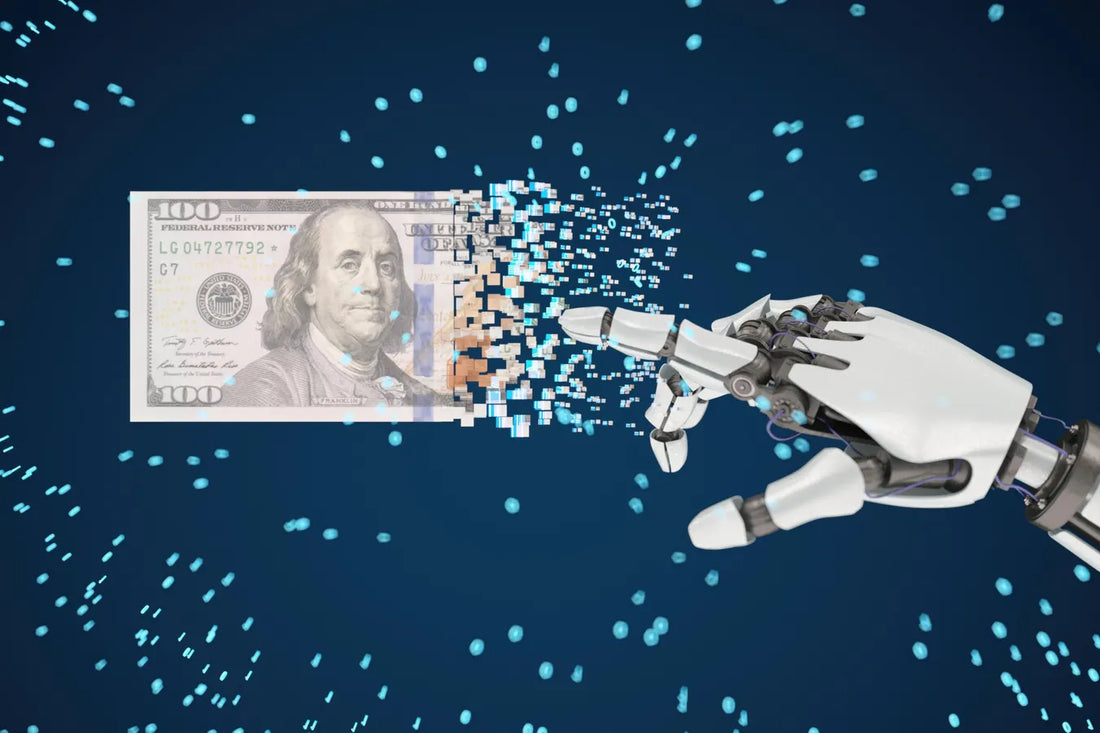AI Economy: Adapt or Face Disruption
Dr. Anya SharmaAI is reshaping the global economy, demanding swift adaptation from businesses to stay competitive and thrive.

Artificial intelligence is rapidly reshaping the global economy, demanding businesses to adapt swiftly or risk being left behind. The impact of AI spans across industries, affecting job roles, investment strategies, and competitive landscapes.
Companies that embrace AI early and deeply are poised to outperform their competitors, while those who delay may face significant challenges. This transformation requires a proactive approach to ethical considerations, workforce training, and strategic investments..
Highlights
- AI is fundamentally reshaping the global economy, impacting various industries.
- Early and deep integration of AI is crucial for businesses to maintain a competitive edge.
- Ethical oversight and workforce training are essential components of successful AI adoption.
Read More: Xbox to be like Office: Everywhere, says Nadella
Top 5 Key Insights
• AI's Impact on Knowledge Workers: Contrary to previous assumptions, AI is significantly impacting highly educated, white-collar professions such as software development, legal analysis, and marketing. This shift requires professionals to adapt and acquire new skills to remain relevant.
• The Urgency of AI Adoption in Finance: Financial institutions believe that delaying AI integration could be detrimental, as early adopters will likely gain a significant competitive advantage. This urgency underscores the importance of strategic investments in AI technologies.
• AI-Driven Job Transformation: While AI may lead to job displacement in some areas, it also creates new job opportunities requiring skills in data analysis, machine learning, and AI development. Investing in upskilling and reskilling programs is crucial to prepare the workforce for these new roles.
• Ethical Considerations in AI Implementation: As AI becomes more prevalent, ethical oversight is essential to ensure responsible and fair use of the technology. Addressing potential biases and ensuring transparency in AI systems are critical for maintaining public trust and avoiding unintended consequences.
• The US-China AI Competition: The United States and China are fiercely competing in the AI landscape, driving rapid advancements and investments in the field. This competition highlights the strategic importance of AI for economic and global leadership.
Read More: Jessica Alba's Net Worth: Acting, Business & Real Estate
Expert Insights
Jason Davis, INSEAD Expert: "If there is an inflection to AGI, even if you're a bit ahead of your competitors, all your customers will notice — you will win." Erik Brynjolfsson, Director of the Stanford Digital Economy Lab: “This is going to be a much bigger disruption than anything we've seen before. It will affect a much broader range of industries and at a much greater speed.”
Read More: Beyoncé's Net Worth Rises, Driven by Tour
Wrap Up
The AI economy is no longer a future prospect but a present reality that demands immediate action. Businesses must embrace AI, prioritize ethical considerations, and invest in workforce development to thrive in this new landscape.
The choices made today will determine who leads and who lags in the AI-driven future.
Read More: Chegg Cuts Staff, CEO Replaced Amid AI Disruption
Author
Dr. Anya Sharma - A globally recognized business strategist and management consultant with over 18 years of experience. She shares her insights on strategic planning, leadership, and navigating the global business landscape with Enlightnr readers.More to Explore
- Choosing a selection results in a full page refresh.
- Opens in a new window.




